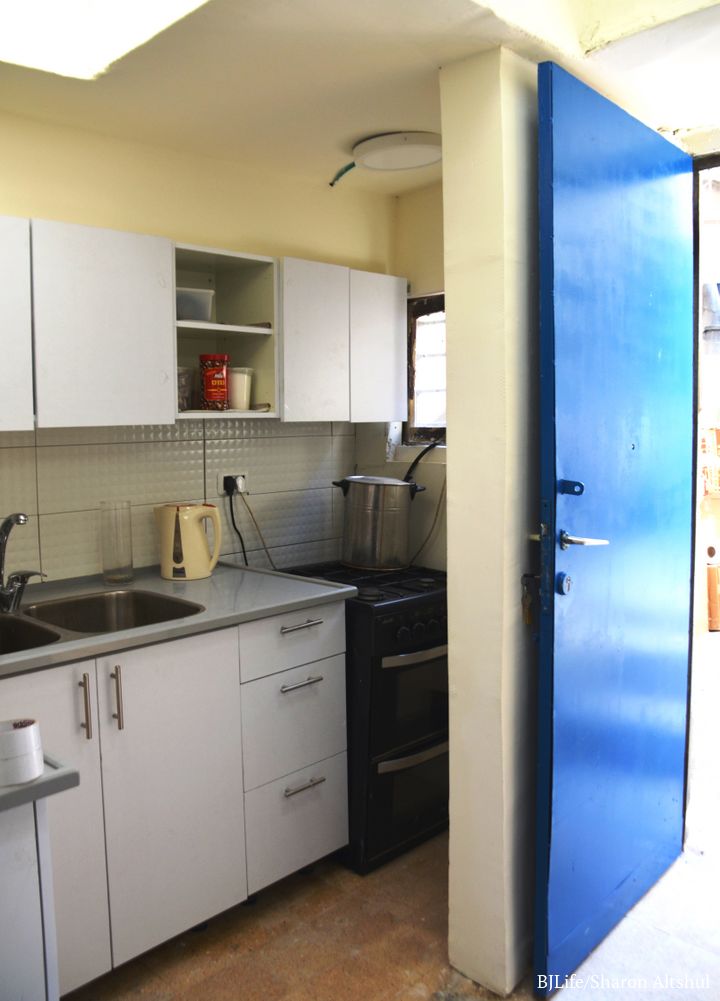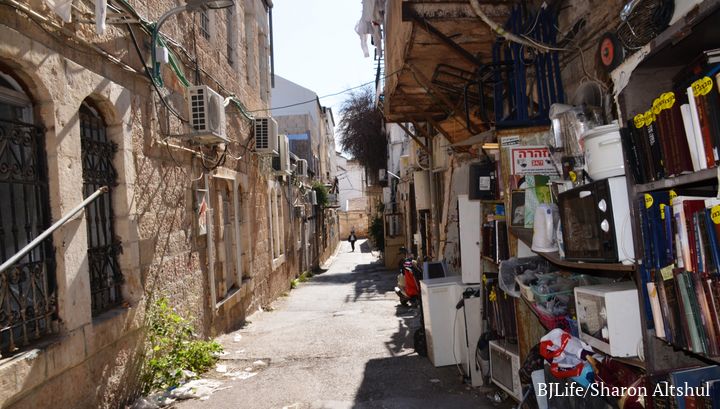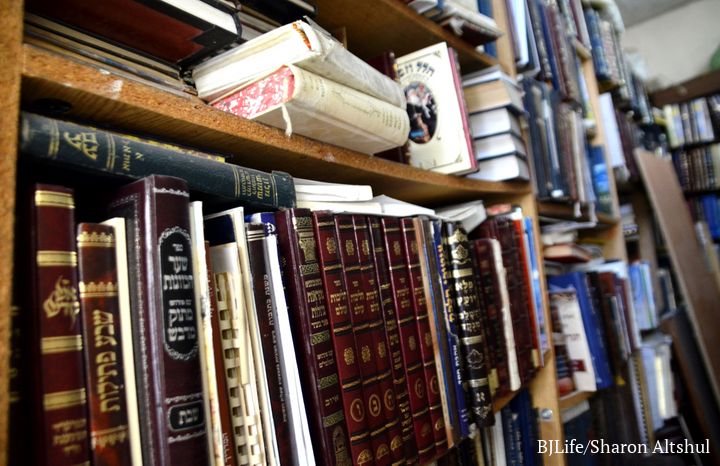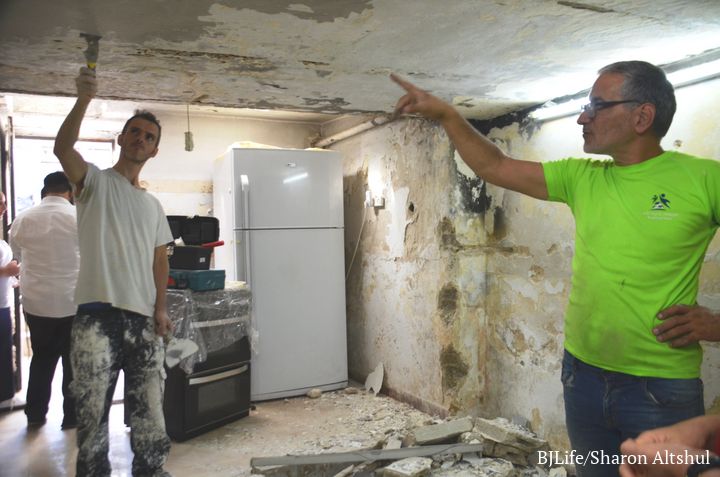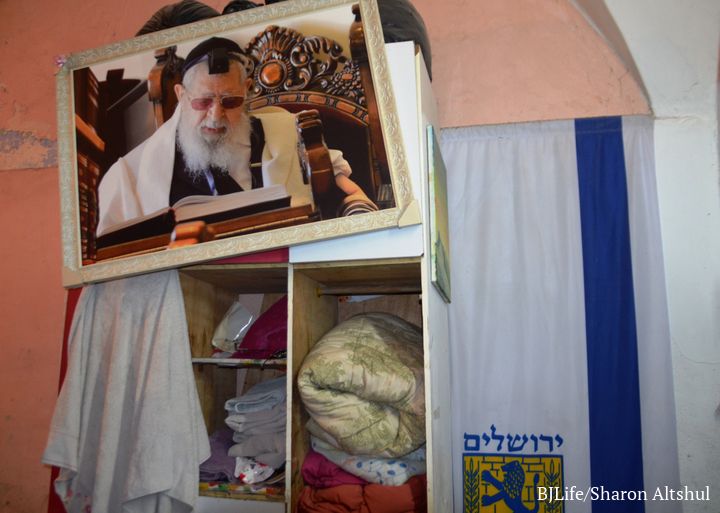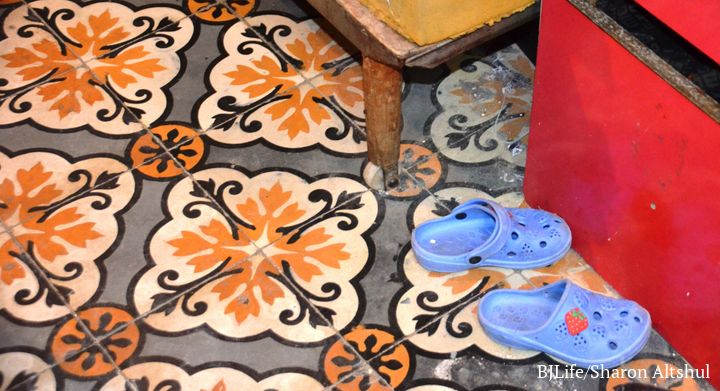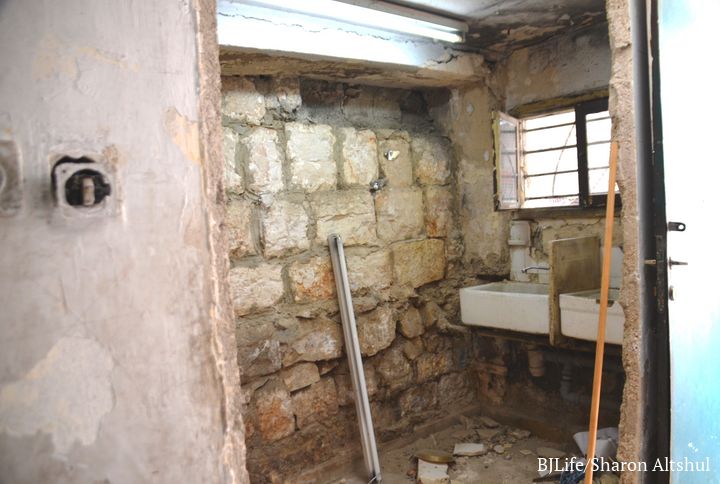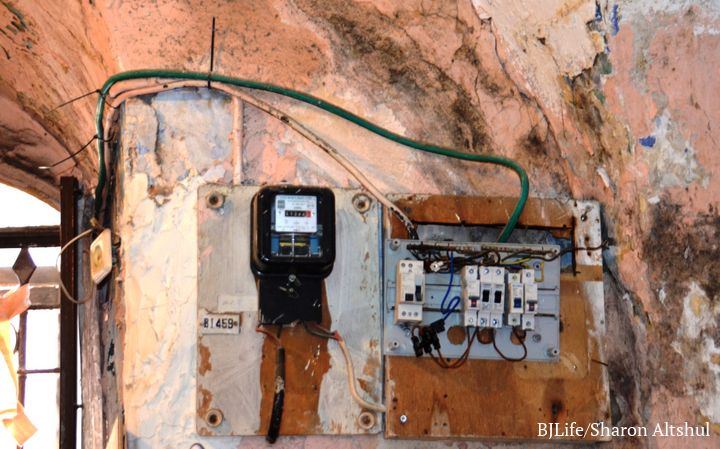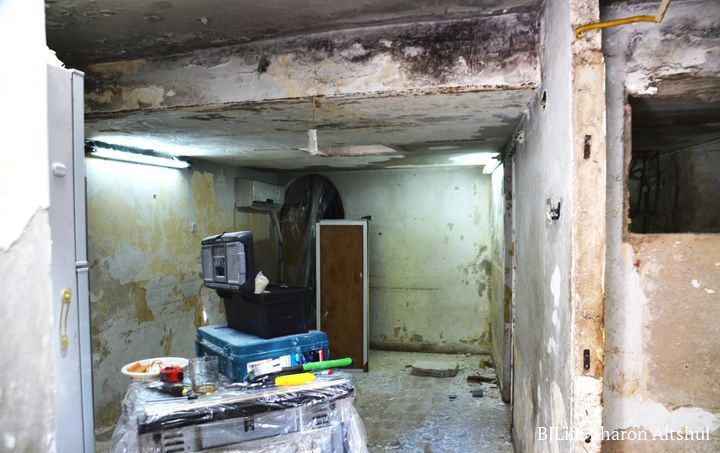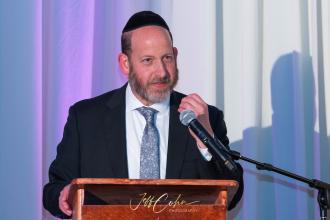Jerusalem, Israel - Sept. 5, 2018 - Israel’s economic picture is a bright one, marked by growing trade and low unemployment. The sale of Mobileye to Intel, followed by the sale of SodaStream to PepsiCo, with another multi-billion dollar price tag, took optimism to a new high.
However, along with economic growth and prosperity, according to Myers-DC Brookdale quoting OECD data, Israel’s economic growth evades 22% of Israeli population. In 2016, 18.6% of families, or 463,300 families, lived in poverty. There are 1.8 million people living under the poverty line, and 31.2%, or 842,300, are children living in poverty.
Trends indicate that Israeli's high cost of living affects the working poor, with a significant increase in the number living in poverty. The elderly, Holocaust survivors, single-parent families, immigrant families, including Ethiopian-Israelis, the physically and emotional challenged, and the homes of IDF soldiers are all groups that are included in the lower economic statistics. 11% of those needing medical treatment do not get treatment, 9% of those needing medicines did not buy them, and 6% gave up a hot meal at least every other day
Over the past year, people with disabilities presently receiving payments under the minimum wage standard, have blocked traffic at major intersections to draw government attention to their financial distress.
Bituach Leumi, Israeli National Insurance Institute, provides a wide range of services including pensions, health insurance, unemployment payments, monthly child supplements and supplements for additional populations. Even so, when the major bread winner of a working class family falls ill, it can have devastating financial consequences, and can become a real crisis for the family.
Moreover, if there are serious health issues and one spouse has to tend to the family while the other has an extended hospital stay; it is easy to end up in crisis. Social welfare can help, but not all cases are reported. Families fear that social service agencies will take the children away from a family in distress.
Home appliances or home repairs are not covered by government agencies. Dozens of Israeli non-profit organizations have tried to fill the gap to help families in need of assistance.
In 2017, the non-profit organization בקהילהתנופה Tenufa Bakehila, helped 306 families in crisis. In 24 years they have repaired 4,400 homes in nine cities, and they are the only Israeli home repair organization that takes a holistic family-oriented approach. Families are referred by municipal social welfare agencies, with the aim for the neediest cases to be able to improve living conditions and gain confidence to better their future. With skilled tradesmen and counselors they help families get back on their feet in times of need.
After 21 years of running the Tenufa Bakehila project for the Israeli non-profit, Livnot U'Lehibanot, founder and executive director Gabi Nachmani decided, “Once Tenufa Bakehila grew to four cities, it became clear that it needed be its own organization. Now we’ve grown even more, to 11 cities so far." Nachmani's aim is to expand to a total of twenty pockets of poverty in Israel.
For six years, Tenufa Bakehila, dealt with and assisted almost all of the urgent housing cases in Hadera. Other poverty pockets, such as Kiryat Malachi, Kiryat Gat, Ramla and Lod have received assistance from the non-profit’s professional crews.
Painting, rewiring, and repairing homes, and even extreme make-overs are the work of the experienced foreman Yaron Arad.
BJL went to visit one very appreciate recipient of Tenufa Bakehila's handiwork in the Mea Shearim neighborhood of Yerushalayim.
In spite of difficulties, homeowner "Nelly" has a positive outlook, a generous smile and a fascinating life journey and story.
Nelly was born in Egypt to a wealthy family, but as did most Egyptian Jews, she had to leave the country, and left everything, but a few suitcases behind. When she was ten years old, the family was sent to Australia by the Jewish Agency. Because her father needed medical treatment unavailable in Israel, they ended up in Sydney, Australia. On her own, Nelly made aliyah at the age of 24. Her husband was an oleh from Tunisia and they met in Ulpan Etzion, with French becoming the second language at home, not English.
Nelly said she was told she cannot receive money from Bituach Leumi until she is 67 year-old because she did not work. She actually did work until she had her third child and was fired from her job. Today she could sue for being fired because of her pregnancies.
Once they were able to buy a small apartment in Gilo, the couple was on its own, receiving no further housing assistance from government agencies. The Gilo apartment became too small when more children were born, so they sold it and bought their home in Mea Shearim. After her husband became ill, for a time she found herself running a household of eight children by herself. Today, most of the children are independent adults, but the house fell into disrepair.
After purchasing a refrigerator and oven, one of Nelly's daughters wanted to also paint for her parents before the holidays. She asked Tenufa Bakehila project leader Arad for paint. After one look at the old house with its patterned tiled floors, rows of books, photos of not only rabbis, but also a large flag of Jerusalem, Arad said, “We need to do more than paint." As with most home renovations, the project grew. Wiring needed to be redone and old fuses replaced. Walls and floors were prepared for painting when we first visited.
So before Rosh Hashana, in time for the New Year, BJL went back to Mea Shearim to see the improvements, a new kitchen, living room area and bathroom.
Many vendors hear the stories and work of Tenufa Bakehila and offer free or reduced priced materials.
Home makeover stories are popular on TV and Facebook. In Israel, Tenufa Bakehila is "Building Hope" in a family-oriented approach, kick-starting positive momentum and a brighter, more sustainable future for families, one renovation at a time.
Tenufa Bakehila is supported by private donations, with partners that include Pa'amonim, which helps families manage their finances, and A Warm Home for Every Soldier, which supports soldiers facing hardships.
One of the major donors to Tenufa Bakehila is The Harry and Jeanette Weinberg Foundation.
Photo essay includes before and after renovation photos. "Nelly" did not want her face shown, but did want to express her gratitude for the work and light in her home. The background noise is the telephone repairman who was fixing the broken line.
Full disclosure: the author's daughter is on the board of Tenufa Bakehila and is personally acquainted with the accomplishments of the organization.
